About
LBJ Liberty & Justice For All Award
The LBJ Liberty & Justice for All Award honors those who carry on President Lyndon Baines Johnson's legacy, personifying the mission he defined as our country's most basic: to right wrong, to do justice, to serve man.
The vision of Lyndon Baines Johnson's presidency, and the transformative laws that gave it life, was a belief that every citizen should share in the benefits and blessings of the privileges and protections that lie at the heart of the American dream. President Johnson envisioned, and devoted his life to creating a nation of justice and liberty, where everyone had the opportunity to rise, and those in need would not fail. His legislative achievements shaped the next half century of our national history, and his legacy endures to benefit future generations of Americans.
Among his many landmark laws include the Civil Rights Act of 1964, the Voting Rights Act of 1965, the Civil Rights Act of 1968 which included the Fair Housing Act, the Immigration and Nationality Act of 1965, Head Start, Medicare, Medicaid, Job Corps, the Clean Air Act, the National Endowments for the Arts and the Humanities, and many more.
Former recipients of the award include President Joe Biden, President George H. W. Bush, President Jimmy Carter, Justice Ruth Bader Ginsburg, former U.S. Attorney General Eric Holder, U.S. Sen. John McCain, U.S. Sen. Carl Levin, former House Speaker Nancy Pelosi, U.S. Rep. John Lewis, U.S. Rep. John Dingell, U.S. Rep. James Clyburn, philanthropist David M. Rubenstein, and musician Willie Nelson.
LBJ School of Public Affairs
The LBJ School of Public Affairs, is committed to improving the quality of public service in the United States and abroad at all levels of governance and civic engagement.
"We have a School of Public Affairs ... which will try to produce thinkers and doers: people who dream of progress and will try to turn those dreams into achievements." —Lyndon B. Johnson
President Lyndon B. Johnson and Mrs. Lady Bird Johnson, in 1965, came to an agreement with The University of Texas' president and Board of Regents to establish the LBJ Library and Lyndon B. Johnson School of Public Affairs. His remarks above, from the dedication ceremony on May 22, 1971, demonstrated his vision of a public affairs school that blended the academic and the practical—building the foundation for distinguishing the LBJ School as a maverick among its peers.
The LBJ Foundation
Established by President and Mrs. Johnson in 1969, the LBJ Foundation is a nonprofit organization comprised of a board of trustees and administrative staff that supports the LBJ Presidential Library and the LBJ School of Public Affairs at The University of Texas at Austin.
The LBJ Presidential Library, operated under the auspices of the National Archives and Records Administration, maintains the archive of President Johnson's administration and political career and promotes his legacy while providing, in his words, "a springboard for the future" through public programming aimed at addressing the issues of our time. The Foundation enhances the Library by directing public programming, administering the museum's store and admissions operations, and directing grants for researchers and scholars.
The LBJ School of Public Affairs embodies President Johnson's living legacy by nurturing leaders and public servants in the hopes that they will pursue what he called "the oldest, most basic mission of our country: to right wrong, to do justice, to serve man." The Foundation provides financial support for the school for the outstanding education it offers its graduate students in public policy and government affairs, community outreach, and global initiatives.
All bearing our 36th President's name, these three institutions—the LBJ Foundation, the LBJ Presidential Library, and the LBJ School of Public Affairs—preserve Lyndon B. Johnson's consequential legacy while pursuing his hopeful vision for the future.
"There are no problems we cannot solve together, and very few that we can solve by ourselves."
- President Lyndon B. Johnson
